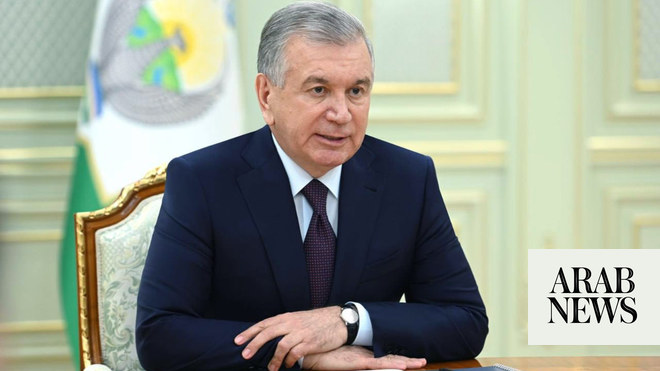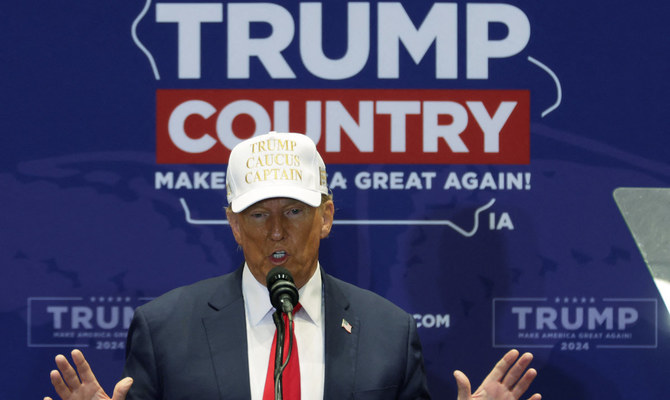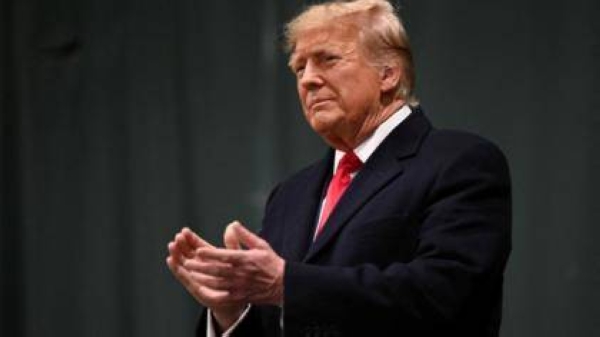
BISHKEK (Reuters) - Nationalist politician Sadyr Japarov won a landslide victory on Sunday in Kyrgyzstan’s snap presidential election, which was triggered by the collapse of the previous government.
Japarov has won almost 80% of the vote in the Central Asian nation, which is closely allied with Russia, preliminary results cited by Kyrgyzstan’s Central Election Commission showed, meaning there will be no run-off.
More than 80% of voters have also supported a proposal to reform the constitution to give the president greater powers at parliament’s expense, the commission said. Japarov said the reform would be enacted by June.
“I am assuming power at a time of hardship and crisis,” Japarov told reporters after the results were announced.
“One or two years will not be enough to fix everything, we can do it in three or four years and it will require stability.”
Violent protests that erupted last October sprung Japarov, 52, from jail to the prime minister’s chair and culminated in him assuming the interim presidency before he ran for the full-time role.
Japarov, who was sentenced to a lengthy prison term for kidnapping a provincial governor as part of a protest, had his verdict quashed during the October unrest and has spent much more campaigning than 16 presidential poll rivals.
Despite his nationalist stance - Japarov’s first act as prime minister was to add ethnicity information to national ID cards - he has repeatedly pledged to maintain a close relationship with former Soviet overlord Moscow.
“Russia is our strategic partner,” Japarov said after casting his ballot in a suburb of the capital Bishkek, and urged all groups to accept the results to preserve stability.
Russia operates a military airbase in the mountainous nation of 6.5 million and is the main destination for hundreds of thousands of Kyrgyz migrant labourers.
Neighbouring China is another trade partner and an investor in the impoverished and predominantly Muslim nation, whose economy has been battered by the COVID-19 pandemic and the resulting disruptions to trade and travel.
Japarov’s prison sentence stems from his campaign in the early 2010s to nationalise the giant Kumtor gold mine operated by Canada’s Centerra Gold. After coming to power last year, he said that was no longer a goal and he would only seek to ensure profits are split fairly.
Japarov’s campaign, which combined references to traditional symbols and values with promises such as doubling healthcare spending struck a chord with voters, especially in rural areas.
Before toppling the government of President Sooronbai Jeenbekov in October, similar violent protests deposed presidents in 2010 and 2005. Another former head of state, Almazbek Atambayev, is under arrest on corruption charges.
The planned reform, if successful, will make Kyrgyzstan’s political system similar to that of its fellow ex-Soviet and mostly ethnically Turkic neighbours, such as Kazakhstan and Uzbekistan, which have been run by strongman leaders for decades, with fewer political freedoms but also less unrest.












